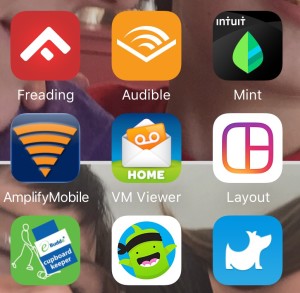 So it’s the dead of summer, at least here in Texas and not really anywhere near Easter but I thought we could all use a little #FridayFun in our lives.
So it’s the dead of summer, at least here in Texas and not really anywhere near Easter but I thought we could all use a little #FridayFun in our lives.
Anyone else love Peeps candy? They were created by the Just Born company of Brooklyn in 1953 and have been an Easter delicacy ever since. Enjoy the Peeps trivia in this article from the AARP magazine, 11 Things You Didn’t Know About Peeps and don’t worry, if reading this makes you crave that soft, sugary treat, they sell them year round!
This Just In
Workers at the Bethlehem, PA plant where they make Peeps have walked off the job in protest of a proposed change from a pension plan to a 401K. Might want to get your Peeps sooner rather than later. Although, the company is reportedly hiring replacement workers to keep production up and running.
‘No pension, no Peeps:’ Strike threatens holiday candy supplies







